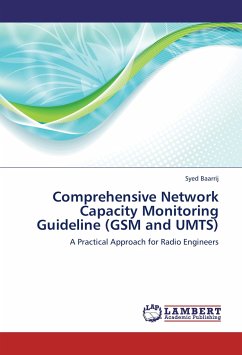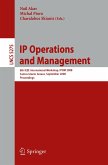The universalmobiletelecommunications system (UMTS) is a technical standard for a third generation (3G) telecommunication system. UMTS provides data rates more than three 1 times higher than its second generation (2G) predecessors. The increased speed en ables, for example, video calls, music downloads, or fast web surfing. The technology is already widely available. In 2007, a total of 166 commercial UMTS radio networks are operational in 66 countries covering all continents (UMTS Forum, 20°7), and there are already more than 100 million UMTS subscribers (3GToday. com, 2007; UMTS Forum, 2006). The market for mobile telecommunication is, however, increasingly competi tive, therefore operators need to invest effectively. In Western Europe, mobile phone penetration has reached 100 % in 2006 and the average revenue per customer is de clining (3G. co. uk, 2007). Besides spectrum license fees, the main cost driver is network infrastructure (Ellingeret al. , 2002). Radio network planning can cut operational and capital expenditure by up to 30 % (Dehghan, 2005). Good radio network planning is difficult for UMTS, because its radio interface is more complex than anything used at mass-market level before (Dehghan, 2005). Con nections are separated via codes; they share the same frequency band and are thus subject to interference. On each link, the system constantly regulates the amount of generated interference to a minimum via a power-control feedback loop.








